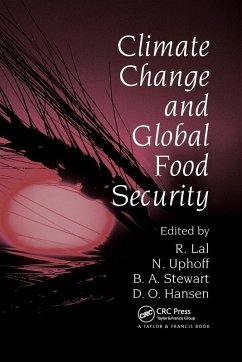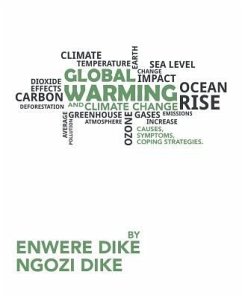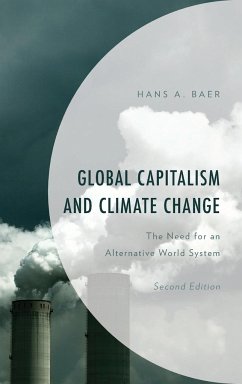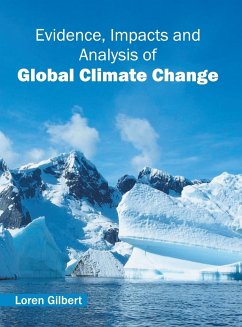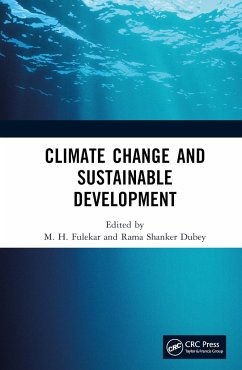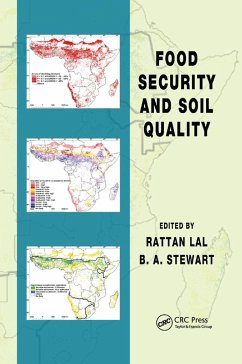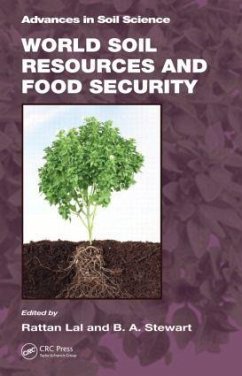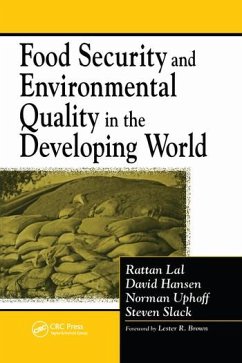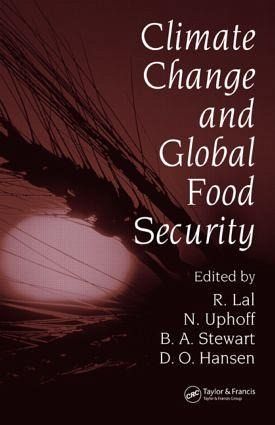
Climate Change and Global Food Security

PAYBACK Punkte
133 °P sammeln!
In order to feed their burgeoning populations, developing nations will need to double cereal production by the year 2050. This increase will have to come from existing land, as little potential exists for bringing new land under cultivation -- a daunting prospect when one realizes that increased use and significantly higher concentrations of carbon dioxide have led to a severe depletion of the carbon pool in the world's soils. This is especially telling in developing countries where tropical climates further compromise the soil's ability to recover. In Climate Change and Global Food Security, ...
In order to feed their burgeoning populations, developing nations will need to double cereal production by the year 2050. This increase will have to come from existing land, as little potential exists for bringing new land under cultivation -- a daunting prospect when one realizes that increased use and significantly higher concentrations of carbon dioxide have led to a severe depletion of the carbon pool in the world's soils. This is especially telling in developing countries where tropical climates further compromise the soil's ability to recover. In Climate Change and Global Food Security, bestselling editor Rattan Lal heads up a team of the world's top soil scientists and ecologists to document the history of this impending agricultural crisis and explore possible solutions. Throughout this timely text, the authors address six complex themes: 1. The impact of projected climate change on soil quality, water resources, temperature regime, and growing season duration on net primary productivity of different biomes 2. Soil carbon dynamics under changing climate 3. The impact of changes in carbon dioxide and ecological environments on agronomic yields and food production in different regions of the world 4. World food demands and supply during the 21st century 5. Policy and economic issues related to carbon trading and enhancing agricultural production 6. Research and development priorities for enhancing soil carbon pool and food security This hard-hitting text is essential reading for anyone involved with soil and crop sciences as well as policy makers and change agents who need to come to the forefront of this issue armed with the latest information and viable solutions.




